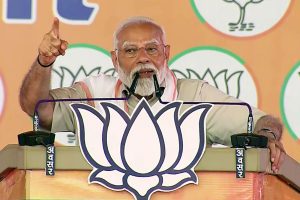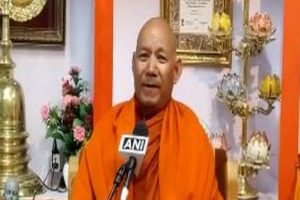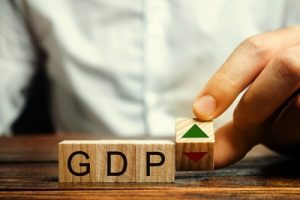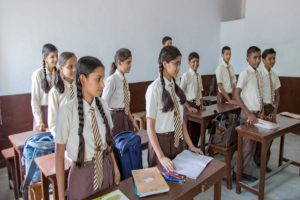What made the recent murder of George Floyd such a combustion point to cause massive spontaneous demonstrations where agitators caused the burning of cars, buildings and massive looting all over the US? Why has all this anger surfaced now? What conversations should we be having with our kids about all these issues and what should we do about this going forward? A lot of African-Americans of all age groups have had a feeling of uncertainty – uncertainty about their futures, about whether their kids will return home safely each and every single time they leave their homes, whether this is the same America which gives white folks access to all opportunities and little to other minority communities.
Add to this that the corona pandemic forced millions to stay under lockdown conditions, many losing their jobs and entitlements such as healthcare and other essential services, and which has disproportionately hit the Black community, whereas others, in their eyes, have been relatively unaffected. Michael Lind points out that: “The issue is power. Social power exists in three realms — government, the economy, and the culture. Each of these three realms of social power is the site of class conflict.”
And sitting on top of this echelon of power is what he calls the “overclass” (urban, college-educated professionals), shown daily on national television as mentioned by Fareed Zakaria, pontificating about the virus from their relatively cushy perches, telling everyone to stay at home whereas they are seen at their offices, hospitals, universities and workplaces, relatively unscathed by this economic crisis. In addition to this cauldron of inequity is the underlying and now overt issue of systematized racism in the US. This has become so apparent with the current crisis that political scientists are now calling this a “public health issue.”
There is inherent distrust between the Black community and its White counterparts, between citizens and their supposed protectors – the police force, between the governed (who also comprise of the disenfranchised) and policy makers at Capitol Hill, between a President who is supported by white supremacists, nativists and the radical far right, and the rest. So when President Trump added fuel to the fire by stating that “when the looting starts, the shooting starts” this perhaps displayed too much arrogance and a total lack of empathy for the underdogs who decided to take matters into their own hands and demonstrate their might. Some merely marched with placards, others shouted slogans to vent their frustration and anger at these injustices meted out to them on a daily basis, whereas still others took this as an opportunity to ignore the issue completely and go out and loot and plunder, break store windows and show the wealthy that they too could be unprotected.
People want and need to see those they consider responsible for Floyd’s death charged and convicted of murder. There needs to be more empathy towards their plight and in the process of re-engineering society which should be a certainty, there need to be conversations between parents and their kids. Working for UNICEF for several years we were always guided by the principal of doing what is in the “best interest of the child”. Now you may ask whose child is this – the child of the migrant worker studying to be better than his parents, the child of a firefighter or policeperson who looks at his job as a public service, the child of an investment banker hoping to make America Great once again or the child of a Congresswoman wanting to institute change for all America? Which child are we talking about, because they are not inherently the same – or are they? We all need to be able to address these core issues and look at it as if all these kids are children of humanity.
They may come from different stations in life, but they can all achieve their goals. They all have the right to aspire to be anything which they want. When we as parents can sit and have these difficult conversations with our kids, no matter their race, color or creed – we will then start the re-engineering process ourselves, one step at a time. These same conversations must be instituted from preschools through college and also at the work place.
Then no one’s life will matter more than anyone else’s and we will not need to raise placards and slogans saying “Black Lives Matter” because All Lives Will Matter. No one will see others as belonging to the ‘overclass,’ and each one of us will be told to walk a mile in the others’ shoes. Because if you can conceive of doing “unto others as they you would have them do unto you” only then can we begin to comprehend our words and actions and the pain or hurt they can cause when we unthinkingly speak.
(The writer, a doctoral degree holder from the University of Cincinnati, Ohio, is an expert on Corporate Social Responsibility and Social Development)











